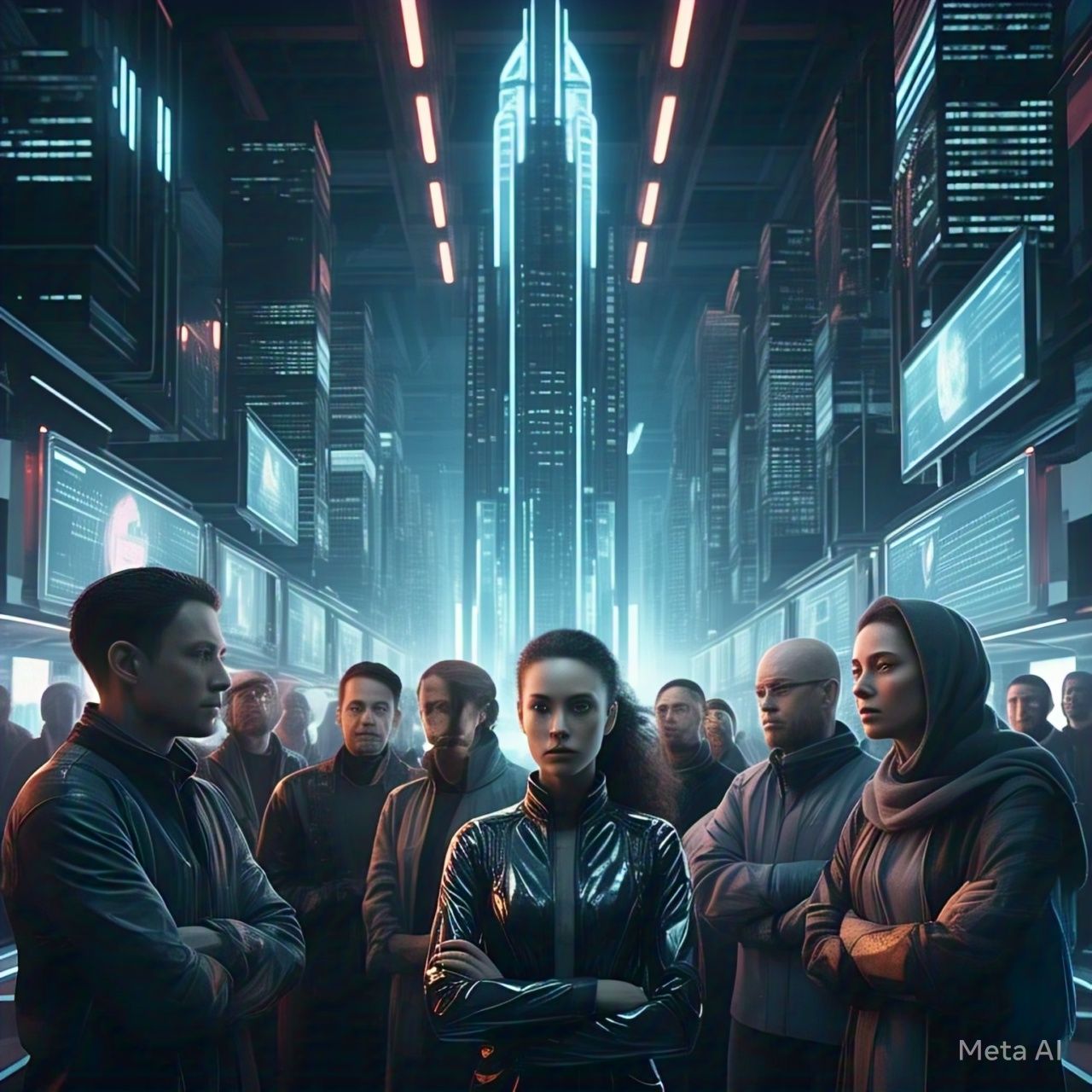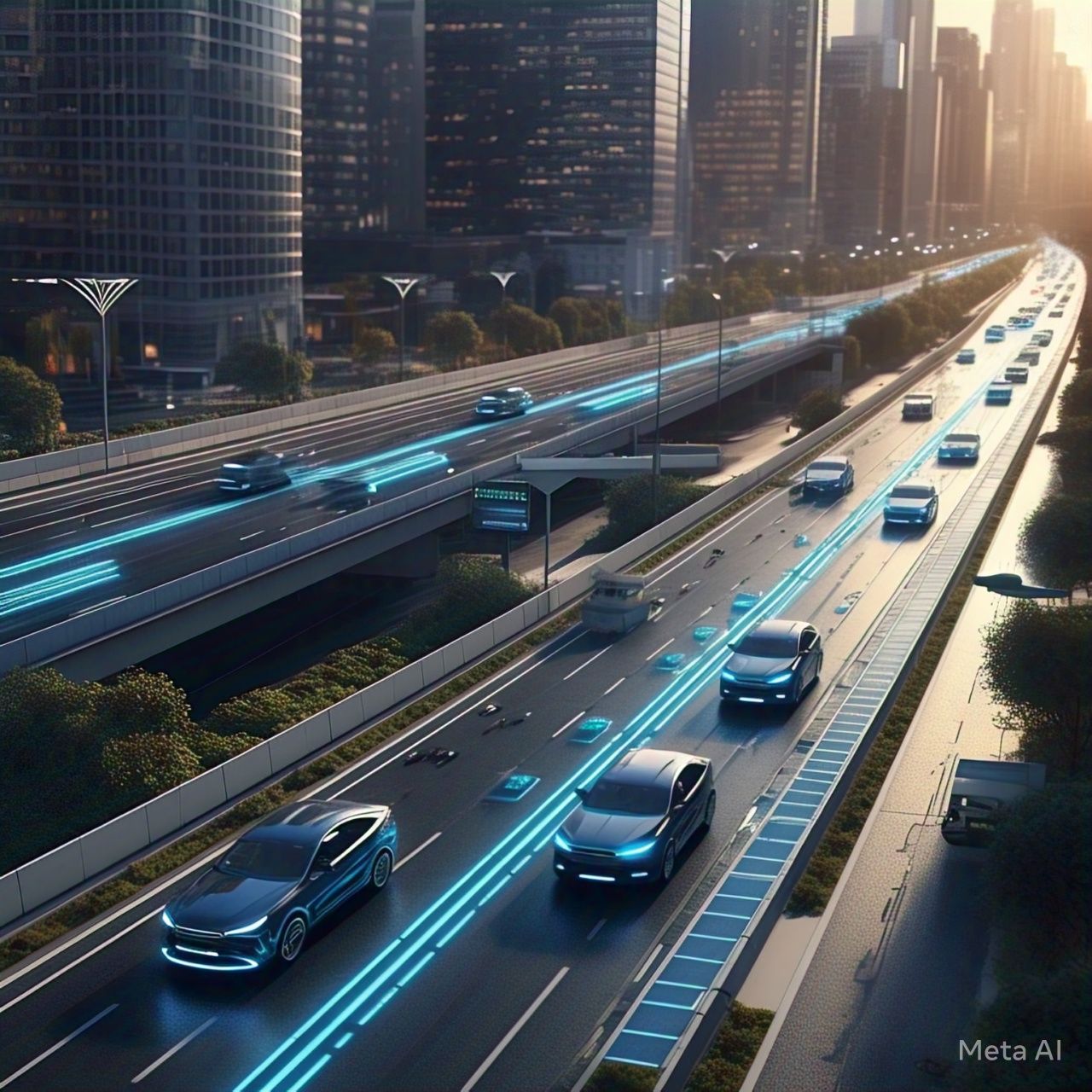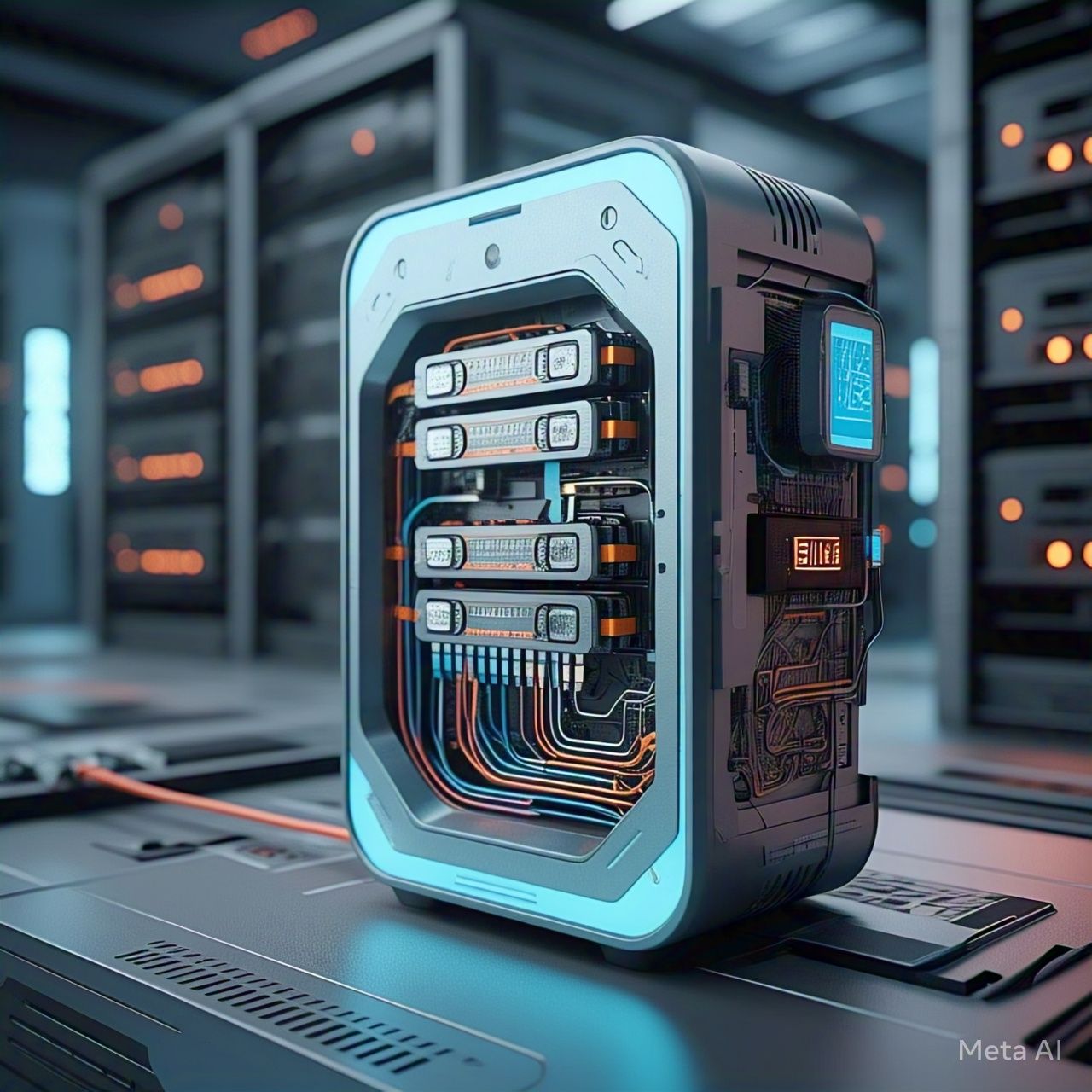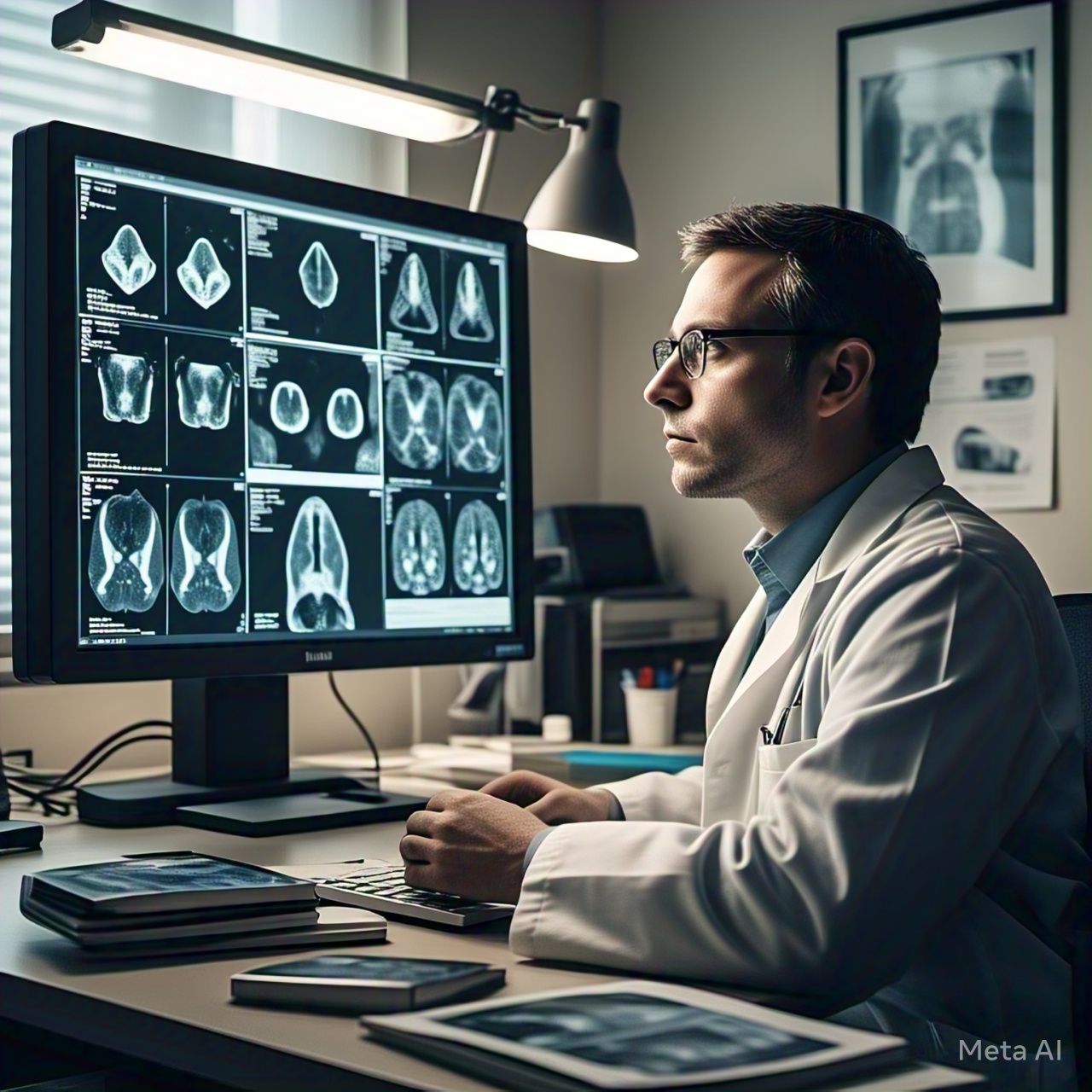Introduction
Artificial Intelligence (AI) is no longer just a futuristic concept; it is actively reshaping the way we live, work, and interact with the world. From smart assistants like Siri and Alexa to autonomous vehicles and advanced robotics, AI is becoming an integral part of modern society. The AI revolution is not just about technological advancement—it is about transforming industries, redefining economies, and reshaping human interactions.
The Impact of AI on Industries
1. AI in Healthcare
AI-driven healthcare solutions are making significant advancements in early disease detection, personalized medicine, and robotic surgeries. Machine learning algorithms are capable of analyzing vast amounts of medical data, helping doctors diagnose diseases more accurately and efficiently. AI is also enhancing drug discovery, reducing the time and cost required to develop new medications.
2. AI in Business and Finance
Businesses are leveraging AI to automate processes, improve decision-making, and enhance customer experiences. Chatbots, virtual assistants, and AI-powered analytics help companies optimize customer support and streamline operations. In finance, AI is used for fraud detection, algorithmic trading, and risk assessment, increasing efficiency and security.
3. AI in Transportation
Autonomous vehicles are one of the most revolutionary applications of AI. Self-driving cars, drones, and AI-powered traffic management systems are reducing congestion, minimizing accidents, and transforming logistics. AI-driven transportation solutions are paving the way for safer, more efficient, and sustainable mobility.
4. AI in Education
AI-powered education tools are personalizing learning experiences for students. Intelligent tutoring systems, AI-driven assessments, and virtual classrooms are making education more accessible and adaptive. AI is also helping educators by automating administrative tasks and providing data-driven insights into student performance.
Ethical Considerations and Challenges
Despite its potential, the AI revolution raises ethical concerns and challenges that must be addressed:
1. Job Displacement
Automation powered by AI is replacing traditional jobs, particularly in manufacturing, retail, and customer service. While AI creates new opportunities, there is an urgent need for reskilling and workforce adaptation.
2. Bias and Fairness
AI systems can inherit biases from the data they are trained on, leading to unfair and discriminatory outcomes. Developers must ensure transparency, fairness, and accountability in AI algorithms to prevent social inequalities.
3. Privacy and Security
AI-powered systems collect and process vast amounts of data, raising concerns about data privacy and cybersecurity. Regulations and ethical frameworks must be enforced to protect personal information from misuse.
4. AI and Human Control
As AI becomes more sophisticated, the question of human control arises. Ensuring that AI remains a tool for enhancing human potential rather than replacing it is critical for ethical AI development.
The Future of AI: What Lies Ahead?
The AI revolution is still in its early stages, and the future holds exciting possibilities:
- Artificial General Intelligence (AGI): The development of AI systems capable of human-like reasoning and adaptability.
- AI and Sustainability: AI-driven solutions for climate change, renewable energy optimization, and conservation efforts.
- AI in Creativity: AI-generated art, music, and literature pushing the boundaries of human creativity.
- Human-AI Collaboration: The evolution of AI as a collaborative partner rather than a replacement for human workers.
Conclusion
The AI revolution is not just about technology—it is about how we, as a society, harness its potential responsibly. While AI presents challenges, it also offers unprecedented opportunities for progress, efficiency, and innovation. By addressing ethical concerns, fostering responsible AI development, and preparing for the evolving job landscape, humanity can fully embrace the transformative power of AI while ensuring a future that benefits everyone.





